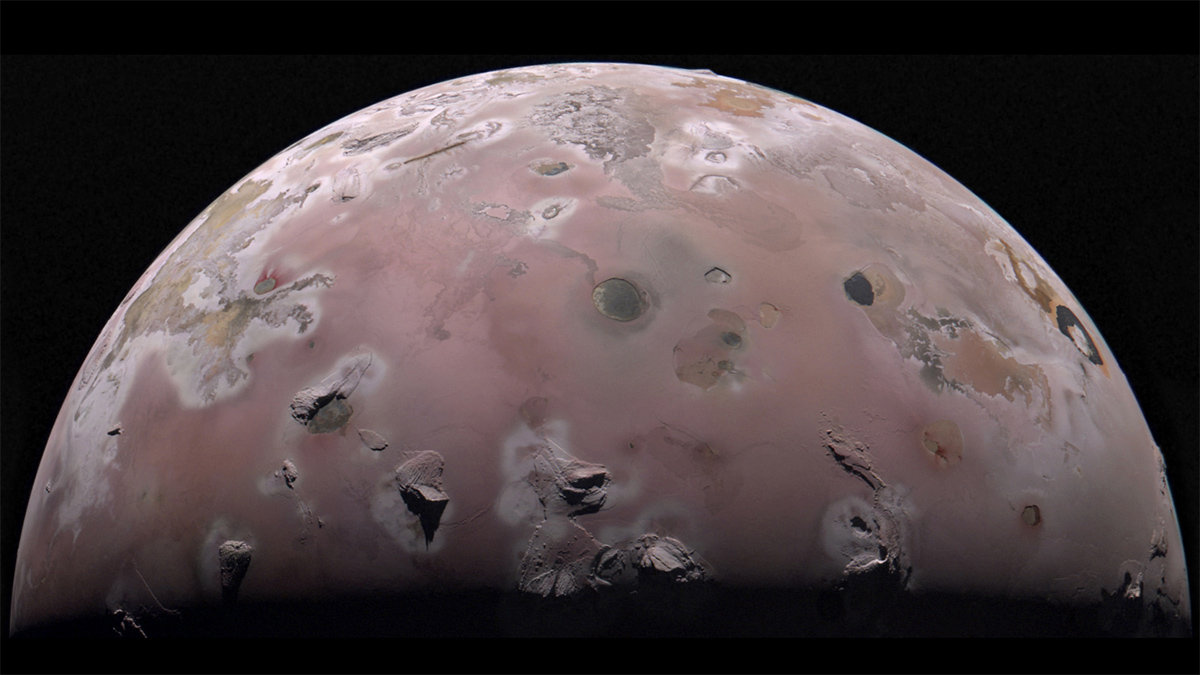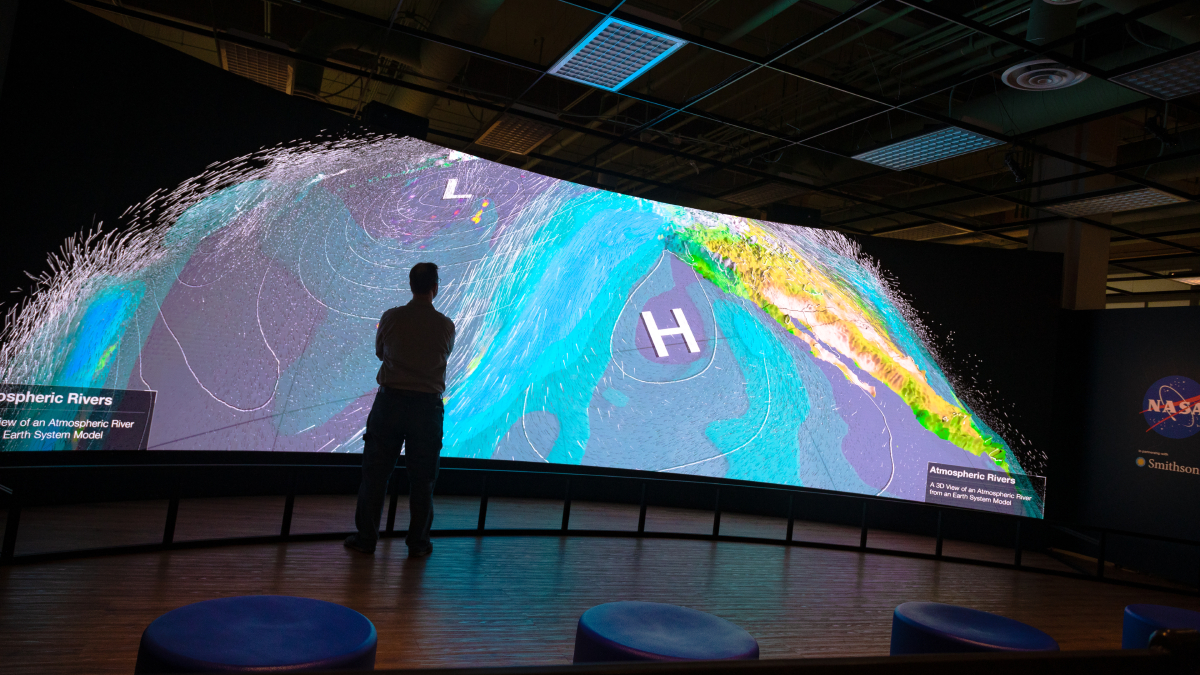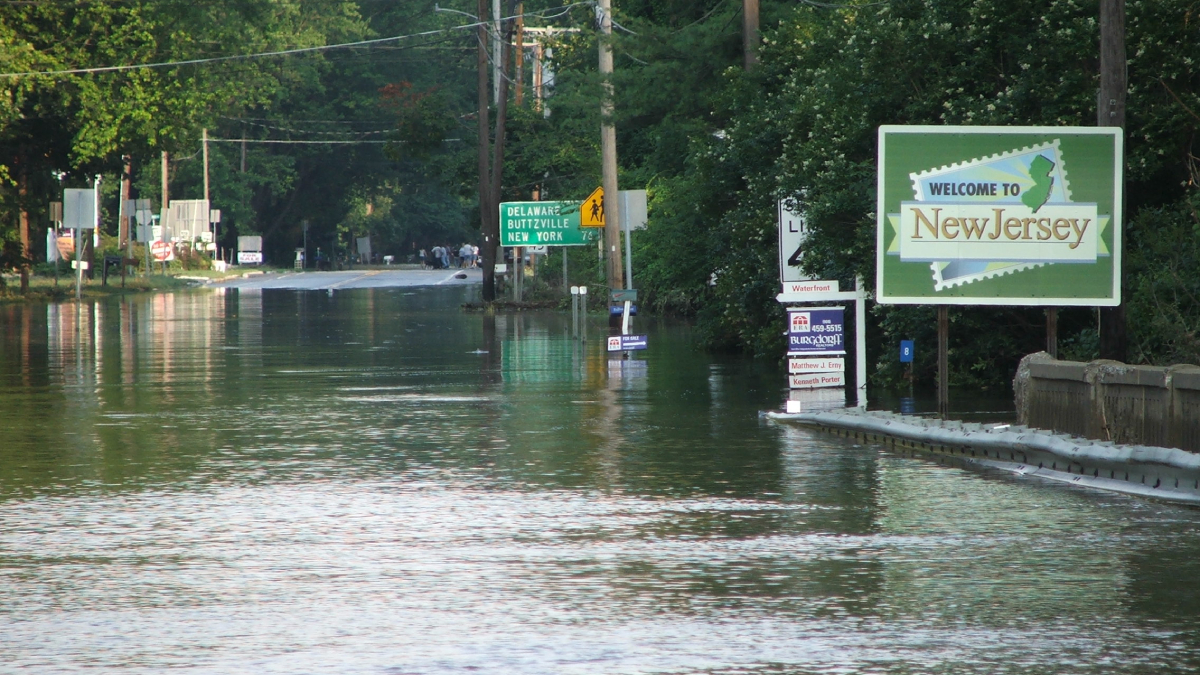Data from the Juno spacecraft may have answered a decades-old question about Jupiter’s moon.
Kimberly M. S. Cartier
Kimberly M. S. Cartier, Senior Science Reporter for Eos.org, joined the Eos staff in 2017 after earning her Ph.D. studying extrasolar planets. Kimberly covers space science, climate change, and STEM diversity, justice, and education
Water Testing Builds Trust in Science as Maui Communities Recover
Following fires that ravaged the island in 2023, researchers educated residents about how wildfires affect water quality, and gathered data to determine how wildfire impacts change over time.
Cooking with Gas Creates Unhealthy Work Environments
Even with ventilation, commercial kitchens can have air pollution levels that exceed health-related limits.
Millions in India Vulnerable to Glacial Lake Floods
Climate change–driven factors make regions more vulnerable to glacial lake outburst floods.
Pluto’s Small Moons Are Unlike Any Other
The strange blend of surface chemistry on Nix and Hydra raises big question about the evolution of the Pluto system.
Explore Washington, D.C.’s Science Scene
Earth and space science hot spots are sprinkled throughout the D.C. metro region.
Crafting Signs for Geoscience’s Future
Deaf geoscientists are creating the language to communicate their science as well as helping the community grow and thrive.
Smithsonian Exhibit Connects Sky-High Views with Down-Home Impacts
“Preserve and cherish the pale blue dot, the only home we’ve ever known.”
Ordinary Policies Achieve Extraordinary Climate Adaptation
Consistently implementing zoning, permitting, and building regulations, all commonplace municipal tools, helped most New Jersey towns avoid floodplain development.
A Close Asteroid Encounter May Have Once Given Earth a Ring
An unusual concentration of impact craters suggests that they may have been caused by the breakup of an asteroid that created a temporary debris ring around Earth.










